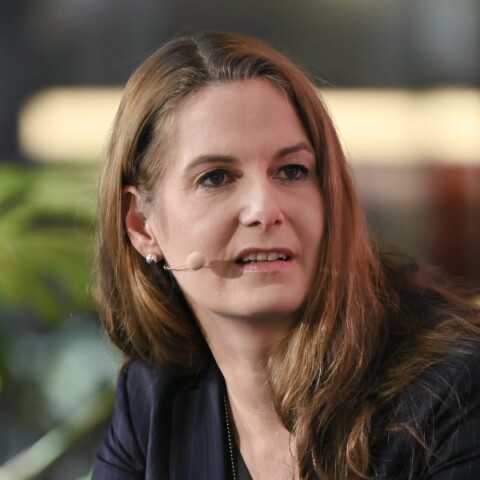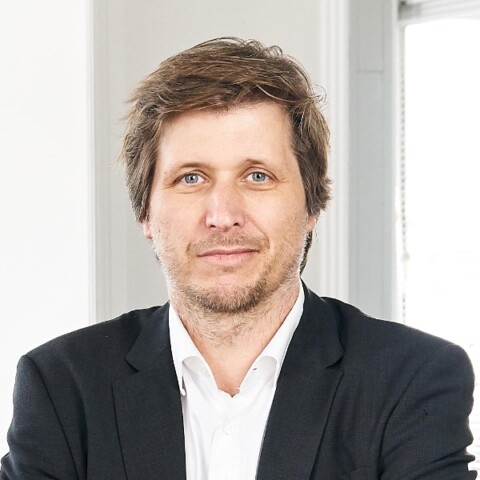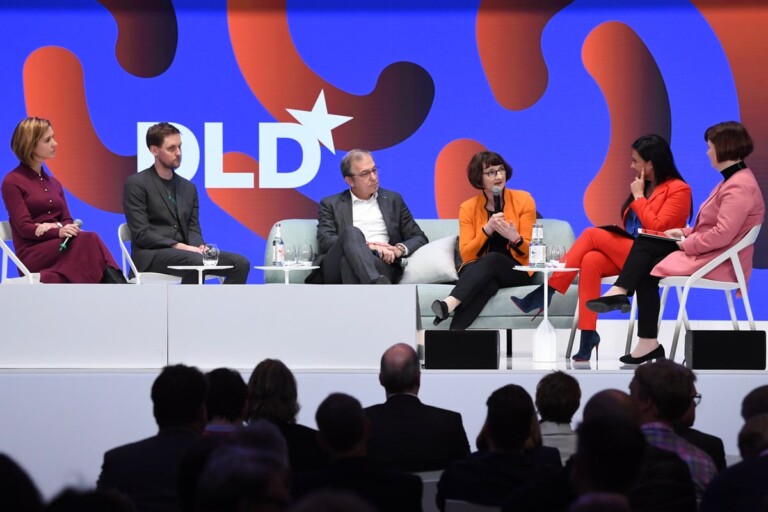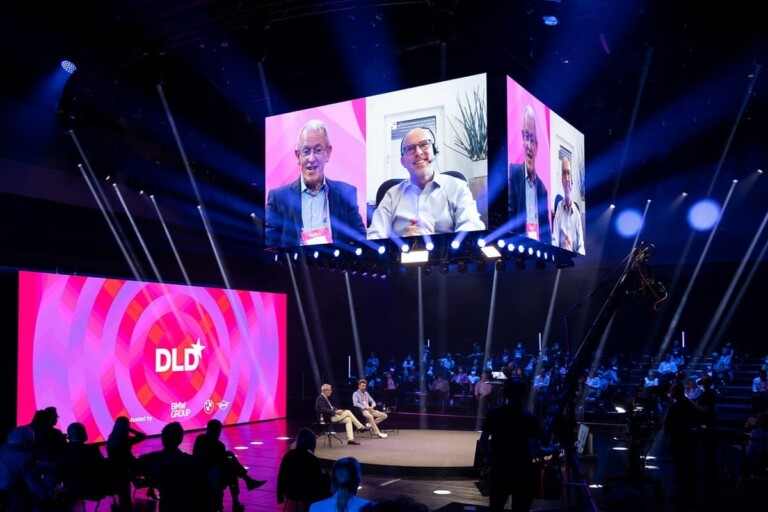In the face of many global crises it might seem that Francis Fukuyama’s idea of “the end of history” – the ultimate triumph of liberal democracy and market economies – has itself come to an end. Is that true, or a false perception?
Moderated by journalist Tanit Koch, the discussion features Benedikt Franke (Munich Security Conference), economist Moritz Schularick (Kiel Institute for the World Economy), and DLD Chairman Yossi Vardi, who offer expert perspectives on the challenges facing liberal democracies in the 21st century, from rising authoritarianism and declining trust to the pervasive influence of social media.
The conversation navigates a fine line between cautious optimism and stark warnings about the fragility of the current world order.
Benedikt Franke defends the core idea of Fukuyama’ thesis, emphasizing the importance of maintaining progress and resisting complacency. “Fukuyama says that in the absence of ideological struggle, democracies will get saturated”, he points out. “They’ll get tired, they’ll get slow and they’ll get inefficient.”
A key question will be whether liberal democracies worldwide “need any more wake-up calls”, Franke says. “Will we need any more Trumpian statements on Greenland? Will we need any more tech billionaires to regain ambition and purpose?”
Moritz Schularick argues that Europe is currently too dependent on others. “I think we have to say today that we don’t really own Europe because we can’t defend or protect it. And I think that’s a challenge that we all have to face up to.”
He also highlights the potential economic benefits of defense investment, suggesting it could boost growth during economically challenging times while spurring technological innovation.
Yossi Vardi expresses more pessimism about the future, particularly regarding the civil democratic discourse. He describes social media as “propaganda on steroids” due to its addictive nature, viral reach, and ability to create echo chambers.
The tech veteran also laments the unintended consequences of the Internet and suggests that the algorithms driving social media engagement are undermining trust in institutions and contributing to political polarization. “Probably we will have to learn to live with what we have, if we cannot change it”, Yossi Vardi says. “But I think there will be a price to it.”
Watch the video for further insights about future prospects and solutions to today’s challenges in democracy and geopolitics.






